How to manage your mental health working from home

As we prepare to leave another year behind and start planning for a new year ahead, many employees will find themselves working from home either by choice or necessity.
Since early 2020, working environments have changed, with many workplaces now offering hybrid or entirely remote working models.
Many studies undertaken across the world over the last few years have found that working from home has many benefits. Workplace overheads are cut back, employees are happier and more relaxed, and productivity is higher than ever.
If you are working from home in 2023, maintaining mental wellness should be a priority each and every day.
Here are some helpful tips for maintaining optimum mental health while working from home.
Keep dedicated working and living areas
One of the downsides of working from home is that your home becomes your workspace, which can blur the lines between “on” and “off” times. The best way to combat this is by maintaining dedicated spaces within your home that are strictly for work. This makes it clearer to your brain when you are working or not.
If you are lucky enough to have a home office, make this the only place that you work from. Many remote workers live in small apartments and don’t have the luxury of a home office, but even so, physically creating a corner or space for your desk is important. Avoid working from areas associated with “down time” – your bedroom, bed or the couch. It’s important to train your brain to associate work with a set area of your home, so that it’s easier to switch off at the end of the day and to reclaim your personal space.

Set strict start and finish times
It can be difficult to keep to strict start and end times when you are working from home. It can be all too easy to tell yourself, “I can just reply to this email while I watch TV” or “I’m home anyway, I may as well put in another hour”. Whether you work remotely for an employer, or run your own business from home, being strict with yourself regarding working hours is extremely important for your mental health.
Just like an on-site job has set working hours, a working from home role should always have the same. Make it clear to your employer the hours you will be available and / or online, and create boundaries early on regarding any times outside of that. If you work for yourself and your hours are more flexible, create a schedule that works for you and stick to it! Many individuals find they are the most productive as the sun comes up until mid-afternoon. Others prefer to start later, or to divide up their working day so that they knock out some work in the morning and then some in the evening after the kids go to bed, leaving their afternoons free.

Maintain boundaries
It’s important to lay out your boundaries from day one, whether with a new or existing employer you are transitioning into working remotely for. This is vital so that everyone knows where they stand, and so that you have the chance to thrive while not feeling that your remote setup is being taken advantage of.
Iron out set working and break times, and make it clear to your employer that outside of your “on” hours, you won’t be available for emails, texts, phone calls or any form of communication. This is particularly important for avoiding burnout and maintaining a workplace where everyone feels respected and that their time is valued. If you have difficulty switching off, turn on your email out-of-office at the end of the working day, set up a social media auto-reply to go out when you’re not working, or even completely delete work apps like email or Slack when you aren’t working. This makes it clearer to yourself – and to others – when you are available and when you aren’t.

Create an inspiring working space
Creating a peaceful, organised and aesthetically pleasing workspace goes a long way towards boosting your mental health when working from home. An orderly desk and office will help you time manage, which is key to maintaining balanced mental health while working remotely.
A workspace that inspires you is more likely to boost productivity and inspire creativity than a soulless office cubicle. Add touches to your workspace that boost your mood, without cluttering it. Think a potted plant or vase of bright flowers, a stack of your favourite books, a framed photo of your favourite people and a minimalist desk lamp. Maximise space by investing in quality shelving, drawers, a whiteboard and a pinboard that will keep your space clear. Don’t forget a good quality desk chair that will ensure good posture and spinal health!

Stay physically healthy
The mind and body are so closely linked, that it is impossible to prioritise the health of one without the other requiring attention too. Staying physically active is particularly important when working from home, when it’s all too easy to sacrifice that morning jog for a longer sleep in, or that lunchtime fitness class for a spot of TV.
Outline a set workout routine and stick with it. Self-control is so important for remote workers, and physical activity is no exception. Use the time you would usually use to commute to work by taking part in a yoga, spin or boxing class – either in person locally or online – whatever activity appeals to you! Take a brisk walk around the block on your breaks. If you’re pressed for time, fitting in some “incidental exercise” in the form of vacuuming, hanging out laundry or giving the bathroom an express clean is better than nothing!

Consider adopting a furry friend
There’s never been a better time to adopt a pet if you’ve been wanting to and now find yourself working from home. Shelters are overflowing with dogs, cats and other pets looking for a forever home, as the cost of living rises and many people find themselves unable to care for their pets. Even fostering an animal short-term is a rewarding activity, and fosters are always in demand.
Only adopt a pet if you have the capacity, money and time to dedicate to them, but if you do, the mental health benefits are vast. The annual RSPCA pet owner survey recently found that 9 out of 10 pet owners say that their pet helps improve their mental health. Pets also keep you active, give you routine and provide you with endless love. It’s a win win

Complete a remote worker induction
A remote worker induction is an invaluable program that teaches stay at home workers how to manage their own mental health.
Mentally Well Workplaces offers industry-leading Remote & Stay At Home Worker Inductions in the form of easy-to-navigate, interactive and enjoyable online training sessions. Employees will learn about various facets of maintaining good mental health while working from home, including tips on dealing with isolation, stress management strategies, the importance of sleep and so much more. Learn about our remote worker inductions and book yours today.
Eager to learn more about managing your own mental health, and that of your team, while working from home? Get in touch with our expert team to discuss our suite of mental health courses, seminars, workshops and more.






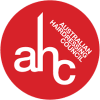

















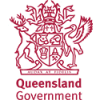





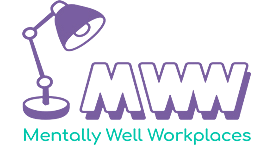
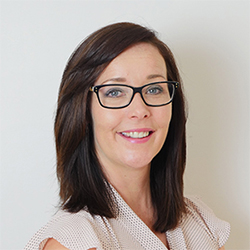


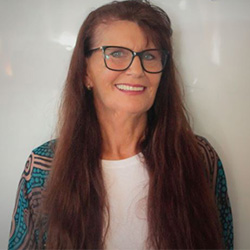
Responses